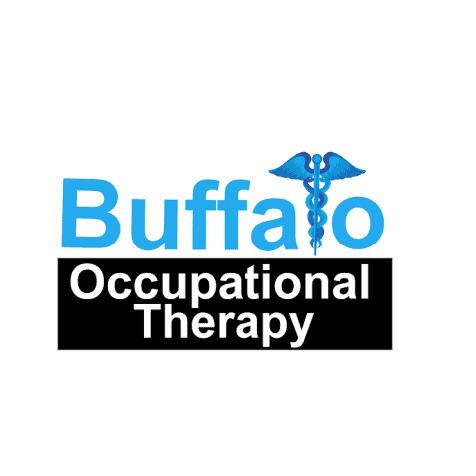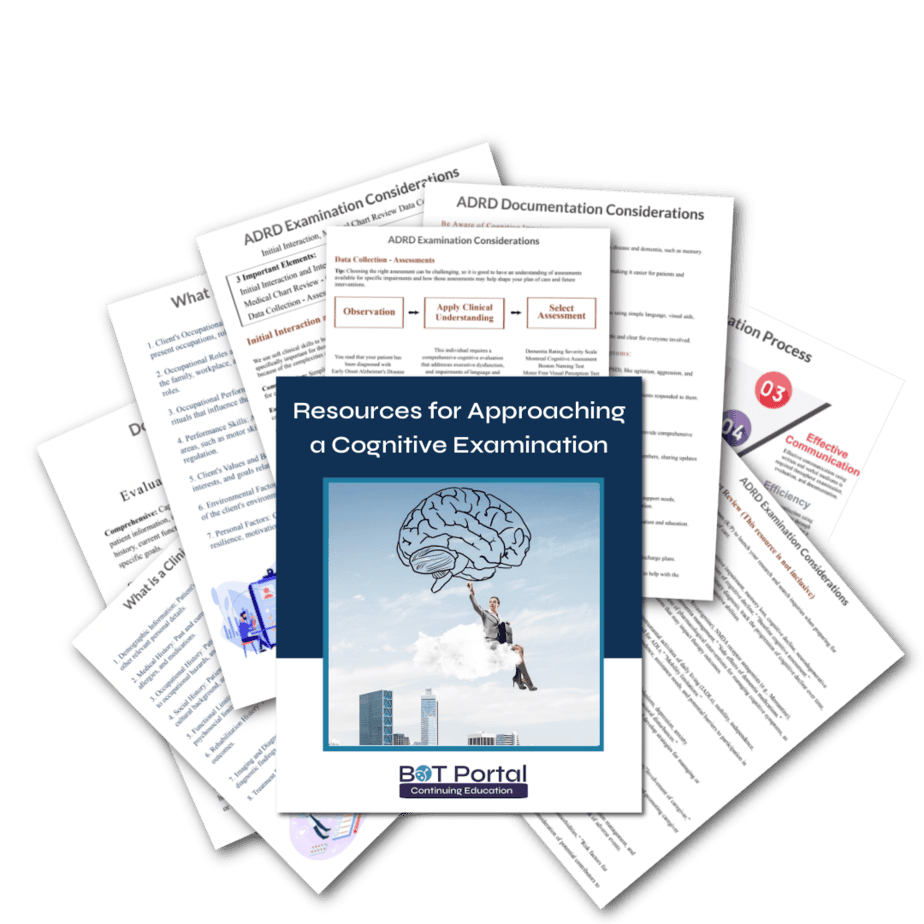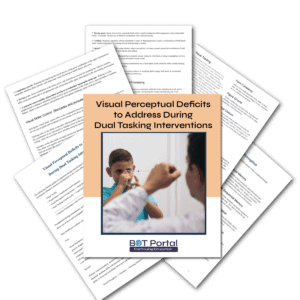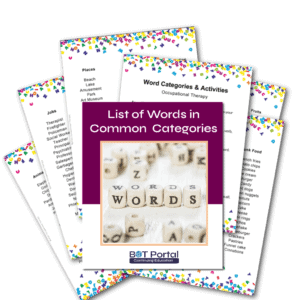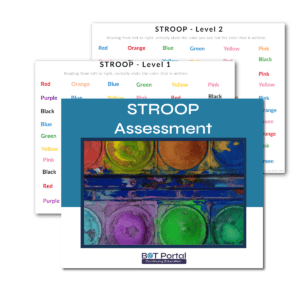Description
Cognitive Examination Resources and Considerations for Initial Evaluations
Cognitive examination resources and considerations are integral to the rehabilitation process, especially for individuals with cognitive impairments such as Alzheimer’s disease, dementia, or brain injuries. These evaluations are designed to provide a comprehensive understanding of a patient’s cognitive function, which is essential for establishing a baseline, building rapport, and formulating an effective plan of care.
Here’s a detailed explanation of what cognitive examinations entail and why they are crucial in the rehabilitation context.
What Cognitive Examinations Entail
- Comprehensive Evaluation
- Patient Information: Gathering detailed patient information, including medical history, current functional status, and specific rehabilitation goals.
- Objective Measurements: Using standardized tests and subjective assessments to quantify cognitive abilities, track changes over time, and measure progress or decline. These might include tests like the Montreal Cognitive Assessment (MoCA), Dementia Rating Severity Scale, and others tailored to the patient’s specific condition.
- Functional Assessment: Evaluating how cognitive impairments impact daily living activities and overall functional abilities.
- Daily Documentation
- Detailed Notes: Documenting every therapy session with specific details on exercises performed, repetitions, sets, and any modifications based on patient responses.
- Observational Skills: Developing strong observational skills to accurately assess and document how patients respond to treatments and interventions.
- Communication: Regularly updating the healthcare team on any significant changes or patient responses to ensure coordinated care.
- Progress Tracking
- Clear Documentation: Using clear, concise language to document treatment sessions, interventions performed, and patient responses.
- Objective Reporting: Employing objective language and measurable outcomes to describe progress and demonstrate the effectiveness of treatments.
- Regular Assessments: Conducting periodic reassessments to monitor changes in cognitive function and adjust treatment plans accordingly.
- Discharge Planning
- Goal Achievement Summary: Summarizing patient progress and goal achievement at the end of the treatment, including any remaining deficits.
- Education and Home Programs: Providing clear instructions for home exercise programs (HEPs), adaptive strategies, and tips for follow-up care to support continuity of care.
- Clinical Profile and Targeted Assessments
- Comprehensive Profile: Compiling a detailed clinical profile that includes demographic information, medical and social history, functional limitations, rehabilitation history, and diagnostic reports.
- Targeted Assessments: Selecting appropriate assessment tools based on specific cognitive impairments to guide the plan of care and future interventions.
- Observation and Clinical Understanding
- Symptom Observation: Noting symptoms such as memory deficits, attention difficulties, and motor impairments.
- Clinical Insight: Applying clinical understanding to tailor the treatment plan to address specific deficits and improve the patient’s quality of life.
Importance of Cognitive Examinations
- Establishing Baseline
- Initial Benchmark: Cognitive examinations provide a starting point by establishing the patient’s current cognitive and functional abilities. This baseline is essential for measuring progress or decline over time.
- Personalized Treatment: By understanding the baseline function, therapists can develop a personalized treatment plan that addresses the specific needs and goals of the patient.
- Building Rapport
- Trust and Communication: Conducting a thorough and respectful cognitive examination helps build trust between the patient and the therapist. This rapport is crucial for successful rehabilitation, as patients are more likely to engage and cooperate when they feel understood and supported.
- Patient-Centered Care: Building rapport involves listening to the patient’s concerns, involving them in goal-setting, and ensuring they feel an integral part of their rehabilitation journey.
- Formulating a Plan of Care
- Informed Interventions: A comprehensive cognitive examination informs the development of a targeted plan of care. This plan includes specific interventions designed to address the patient’s unique cognitive and functional impairments.
- Measurable Goals: Establishing clear, measurable goals based on the cognitive examination helps guide the rehabilitation process and provides benchmarks for evaluating success.
- Adaptability: Ongoing cognitive assessments allow for the plan of care to be adjusted based on the patient’s progress, ensuring that interventions remain effective and relevant.
What is included?
- Documentation Overview
- Evaluation Process
- Difference between a clinical and occupational profile
- Keywords and Keyphrases for Medical Chart Review and searching in research
- Initial Interaction and Interview – Soft Clinical Sills and how they related to cognitive examination
- Considerations for documenting ADRD themes
- Data Collection – Guide to processing what you hear in a clinical manner
